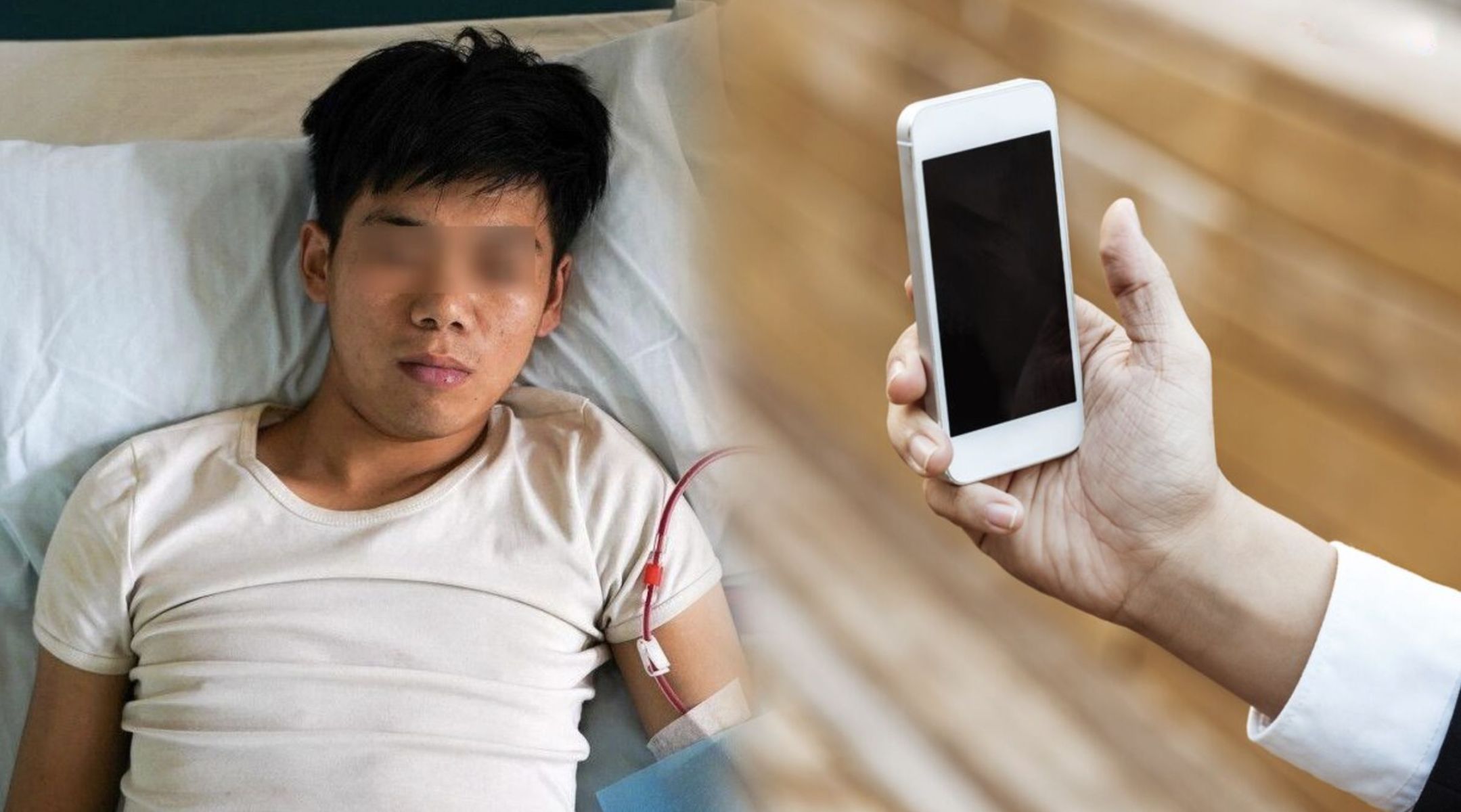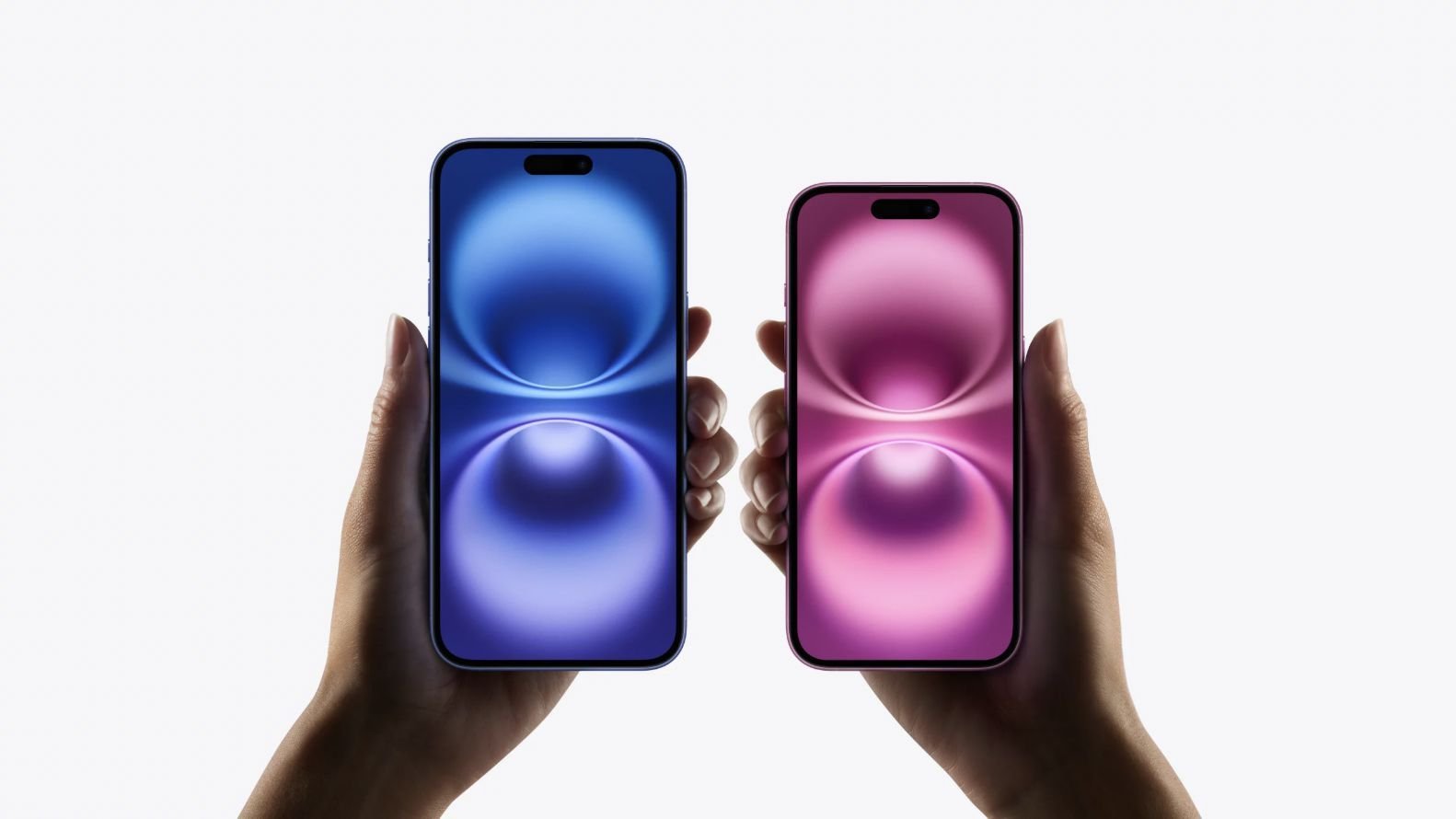Man’s kidney sale for iPhone leaves him disabled at 31
China’s infamous kidney-for-iPhone case resurfaces 14 years later

The story of a Chinese man who once sold a kidney to purchase an iPhone 4 and iPad 2 has resurfaced, highlighting his current life at 31 years old. He is now permanently disabled, unable to work, and requires lifelong dialysis, serving as a stark lesson about the consequences of a hasty decision made at 17.
In 2010, the iPhone 4 became a global symbol of modernity among teenagers, including those in China. Wang Shangkun, then a 17 year old from a poor family in Anhui province, was captivated by the trend. However, due to financial constraints, he couldn’t afford the phone.
While browsing social media, he encountered a message suggesting, “People don’t need two kidneys; one is enough. Why not exchange a kidney for money?” Believing this, Wang contacted a secretive human trafficking group, keeping his family in the dark.
In 2011, Wang underwent an illegal surgery in a local hospital under unsafe conditions, selling one kidney to the illegal organisation for 20,000 yuan (approximately 85,000 baht at the time). He used this money to purchase the coveted iPhone 4 and iPad 2.
Upon returning home with the luxury gadgets, Wang’s mother became suspicious, prompting him to confess, “Mother, I’ve sold my kidney.” She described the moment as feeling like “the sky collapsed” upon hearing her son’s admission.
Shortly after the surgery, Wang developed severe infections due to unsanitary conditions and his remaining kidney began to malfunction, necessitating urgent hospitalisation.
By 2012, Chinese authorities apprehended and prosecuted the illegal organ trafficking ring, with a court ordering them to pay Wang’s family over 1.48 million yuan (approximately 5.5 million baht at the time) in compensation. However, this money could not alter Wang’s fate.
He now undergoes regular dialysis and suffers from complications such as high fevers, weakness, and haematuria, having lost 75% of his kidney function. Classified as a level 3 disabled person, he is incapable of any form of work.
Reflecting on the incident, Wang, now 31, acknowledges that the decision made in his youth was the “greatest regret” of his life, driven by a desire not to feel inferior to others, ultimately leading to his own life’s detriment.
His mother, speaking with deep sorrow, remarked, “If I had just bought him a phone back then, maybe he wouldn’t have taken this path.”

The resurfacing of Wang Shangkun’s kidney sale story comes at a time when iPhones remain a symbol of status across Asia, including Thailand, where the devices are often viewed as markers of wealth and prestige. The iPhone 17 Pro models already hit nearly 40,000 baht, with premium variants costing even more.
In a country where consumer debt is rising and face culture places heavy emphasis on appearances, many young Thais stretch their finances just to keep up with trends.
The pressure to show off the latest phone mirrors the same social forces that drove Wang’s fateful decision, reminding us how material desires can sometimes outweigh long-term wellbeing.
Latest Thailand News
Follow The Thaiger on Google News:


























